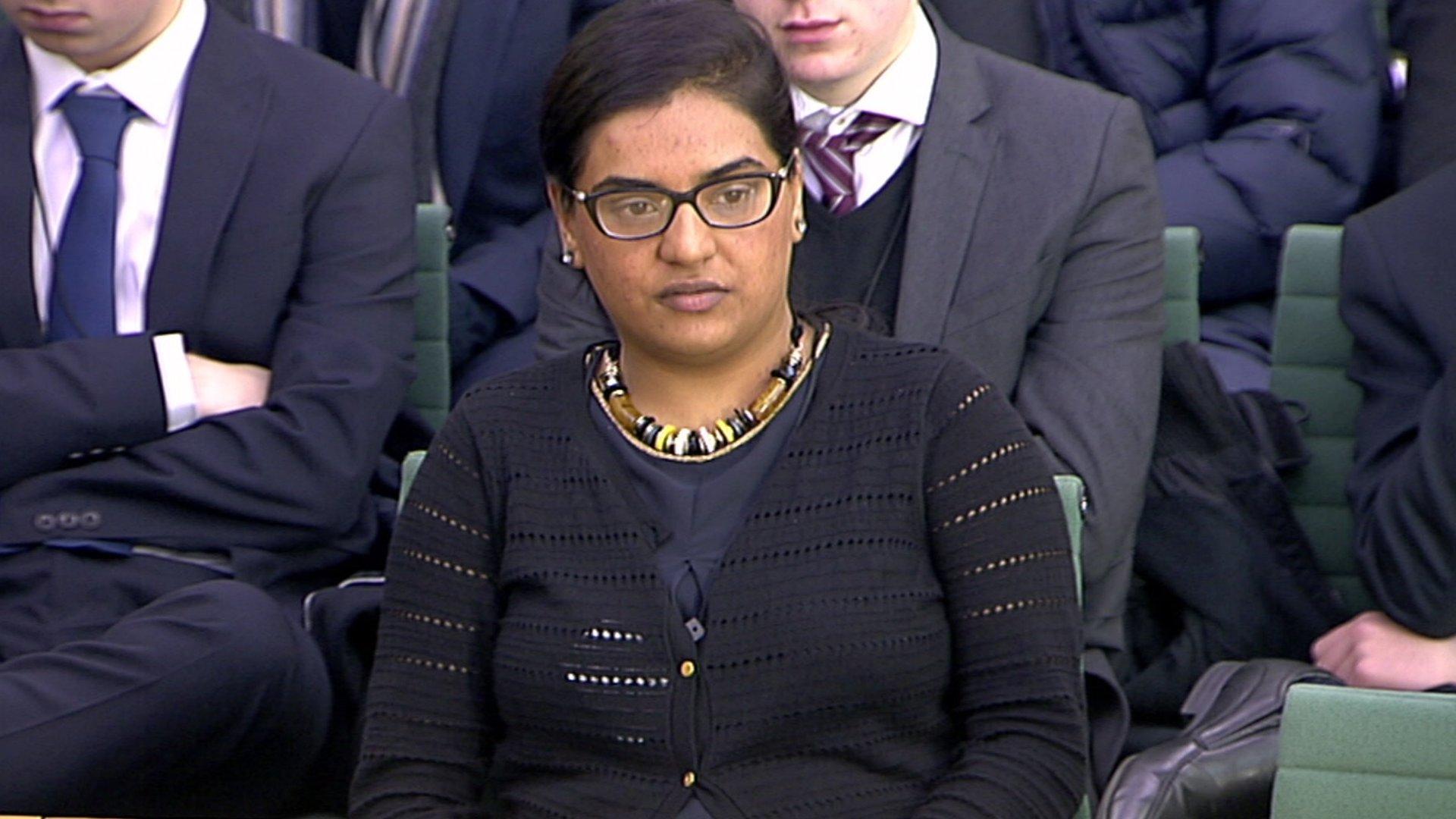'Jihadi John' death: Islamic State says Mohammed Emwazi killed
- Published
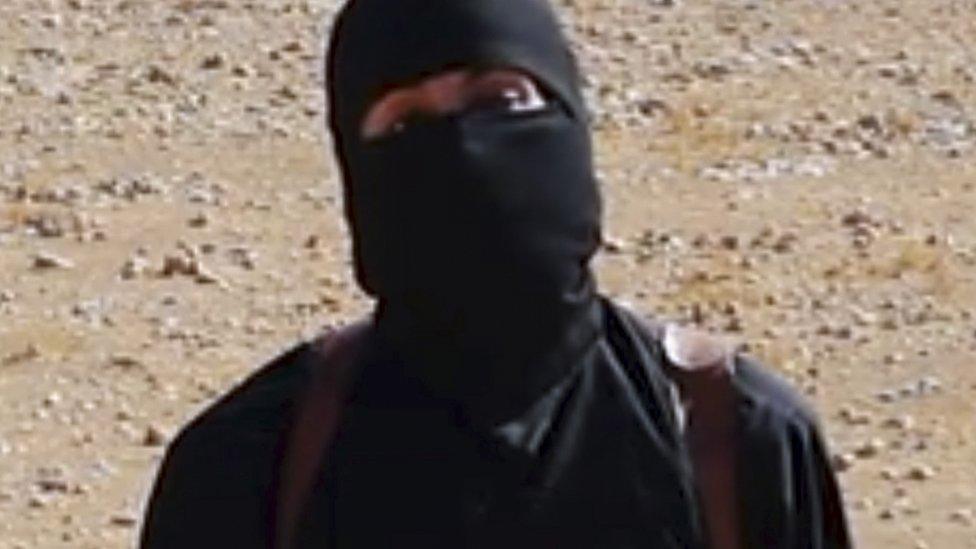
"Jihadi John" - whose real name was Mohammed Emwazi - regularly featured in IS propaganda
The Islamic State group's propaganda magazine has confirmed the British militant known as Jihadi John died in a drone strike in November.
The group published an obituary for the jihadist, whose real name was Mohammed Emwazi, in its online magazine Dabiq.
In November the US military said it was "reasonably certain" it had killed him in the IS-stronghold of Raqqa.
Emwazi appeared in beheading videos of victims including UK aid worker David Haines and taxi driver Alan Henning.
In the eulogy, Kuwaiti-born Emwazi is referred to as Abu Muharib al-Muhajir, his nickname in the group and the details of his death confirm the US version of events.
The jihadist group said Emwazi was killed on 12 November "as the car he was in was targeted in a strike by an unmanned drone in the city of Raqqa, destroying the car and killing him instantly".
A smiling picture of the militant, who appears unmasked looking towards the ground, accompanies the text, which is written in tribute form to a man they describe as an "honourable brother".
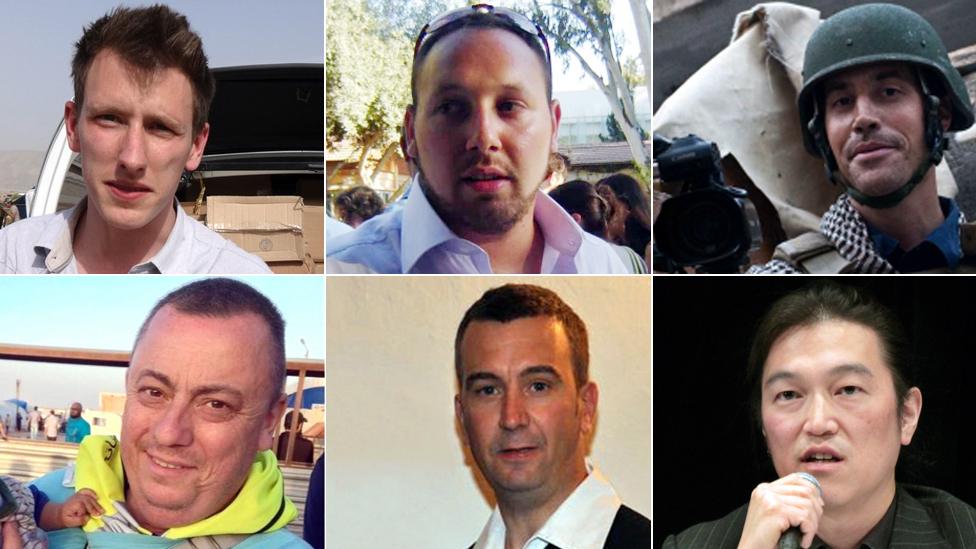
Clockwise from top left: Abdul-Rahman Kassig, Steven Sotloff, James Foley, Kenji Goto, David Haines, Alan Henning
Emwazi first emerged in August 2014 when he appeared masked in a video in which US journalist James Foley was apparently murdered.
Dubbed Jihadi John by the media, in February 2015 he was identified as Emwazi, a computer programming graduate who grew up in London.
He also appeared in videos of the beheadings of US journalist Steven Sotloff, Mr Haines, Mr Henning, as well as American aid worker Abdul-Rahman Kassig, also known as Peter, and Japanese journalist Kenji Goto.
He became a top target for US and British intelligence agencies, even though he is thought to have played no military role within IS.
At the time of his reported death in November, Prime Minister David Cameron said targeting Emwazi had been "the right thing to do".
He said the UK had been working with its US allies "literally around the clock" to track Emwazi down.
Three drones - one British and two American - were involved in the strike. One of the American drones hit the car, and it is believed there was one other person in the vehicle.

Mohammed Emwazi
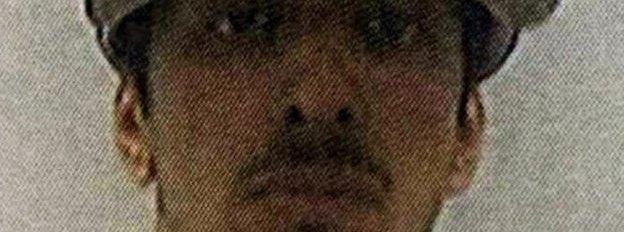
1988: Born in Kuwait, moves to UK in 1994 aged six
Educated at the Quintin Kynaston Community Academy in St John's Wood, north London
Fluent in Arabic and English and a British citizen
2009: Completes computing degree at University of Westminster, travels to Tanzania, Amsterdam and Kuwait
2013: Tries to travel to Kuwait but is stopped. Disappears. Parents report him missing. Police tell family four months later he has entered Syria
Source: Cage, external, London-based campaign group

Civil war erupted in Syria in 2011, and now President Bashar al-Assad's government, IS, an array of Syrian rebels and Kurdish fighters all hold territory. Millions have been displaced and more than 250,000 people killed as a result of the fighting.
More than 750 people from the UK are thought to have travelled to support or fight for jihadist organisations in Syria and Iraq, and approximately half of those have returned, Home Secretary Theresa May said in November.
- Published13 November 2015
- Published13 November 2015
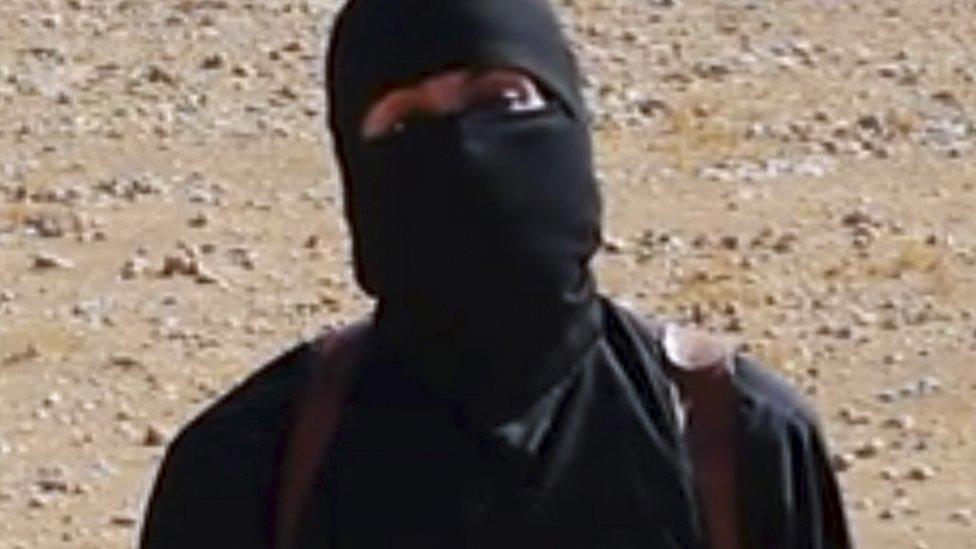
- Published26 February 2015
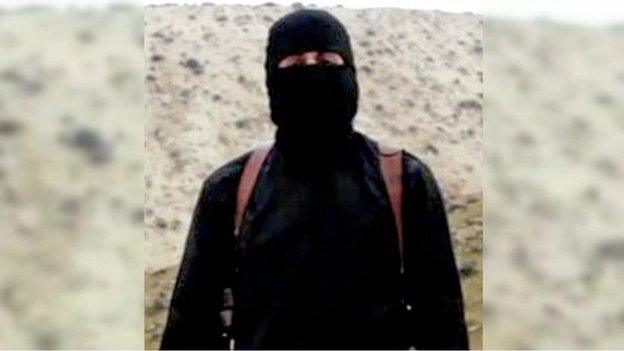
- Published19 January 2016
